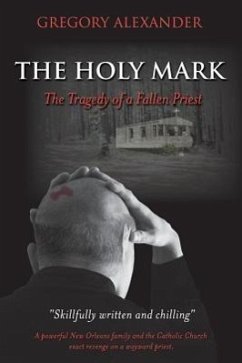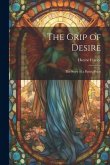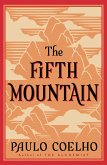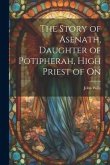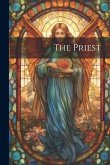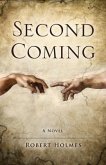The Holy Mark is a dramatic monologue told from the point of view of a psychologically disturbed Catholic priest who continually rationalizes and justifies his relationships with teenaged boys. It combines the elements of a psychological case study and dysfunctional New Orleans Italian family saga. The story begins with the narrator "in exile" in a tiny North Louisiana parish where he has been reassigned by the Church hierarchy in New Orleans, his city of birth, and where he suffers the humiliation of celebrating mass in a leaky trailer. About to mark his Silver Jubilee as a priest, he reflects on his life, including his childhood and twenty-five years in the Church. That reflection, covering the years 1970-1995, is the meat of the novel. The Holy Mark is the story of one reluctant priest caught between the cynicism of his own Southern upbringing and the political machinations of the Roman Catholic Church. In this disturbingly memorable novel about a wayward priest set in late 20th-century New Orleans, Alexander explores familial revenge, rails against the hypocrisy of the Roman Catholic Church, and creates a likable narrator guilty of heinous acts. Father Tony endears himself to readers with charm and candor from the opening pages. He is born with a red birthmark on his head, which his grandmother claims is a sign that he is to become a priest--a prophecy he fulfills, eventually finding his calling working with disadvantaged young boys. Though he fancies himself a modern-day Saint John Bosco, Father Tony's relationship with some boys becomes sexual, and he endeavors to outwit his family and the Church to save himself. Alexander ably captures the essence of parochial education in the 1970s and '80s, having himself taught in Catholic schools. His depictions of the Church's inner workings--from hierarchical power struggles to young seminarians' sexual improprieties--may alarm some readers, but most shocking is Father Tony's own admission that his behavior in the company of boys is not a mortal sin but rather "an opportunity to walk in Christ's footsteps." The author's superb use of foreshadowing keeps readers engaged throughout, even as they cringe at Father Tony's actions. -Publishers Weekly Select
Bitte wählen Sie Ihr Anliegen aus.
Rechnungen
Retourenschein anfordern
Bestellstatus
Storno

